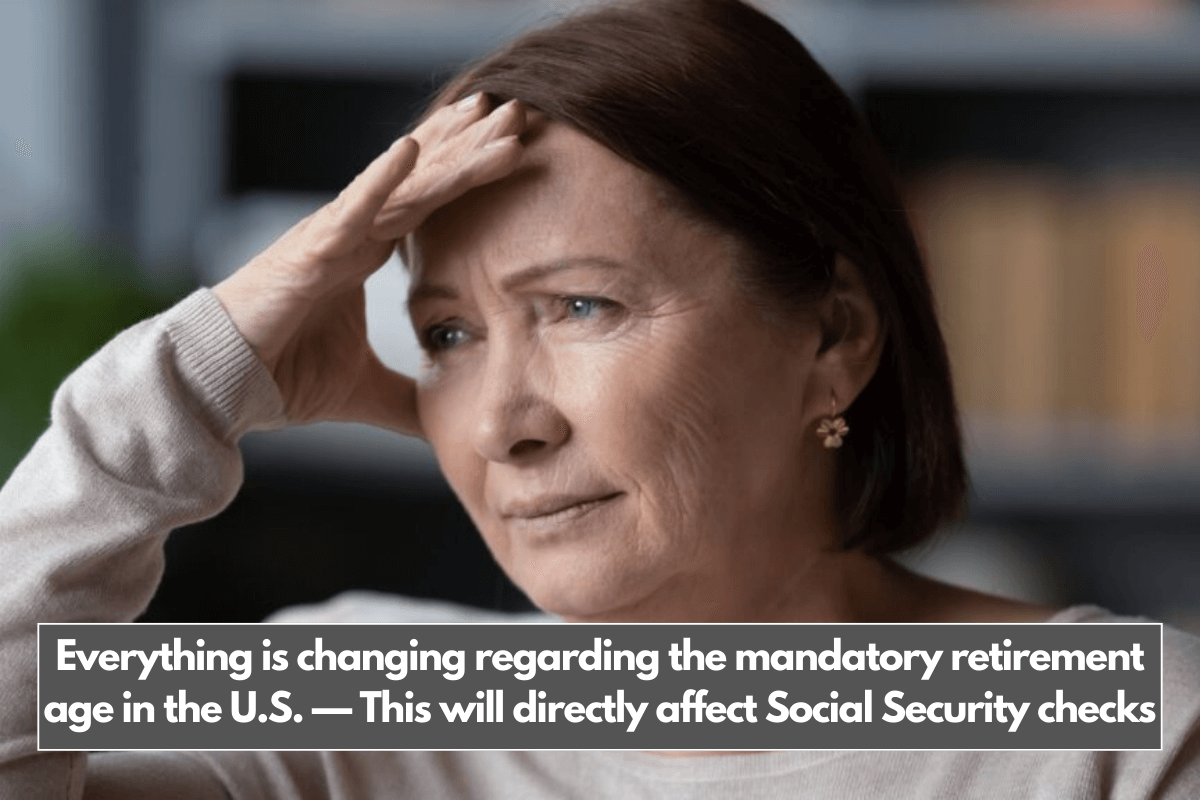In response to the Social Security Administration’s (SSA) growing financial strain, a recent proposal was made to raise the minimum retirement age from 62 to 70 years.
As the SSA’s deficit is expected to increase in the near future, particularly by 2035, a group of conservative policy experts has proposed this measure as a way to improve the system’s solvency.
The rationale for the proposed increase stems from concerns that if nothing is done, the current structure of Social Security will become unsustainable, affecting millions of retirees who rely on it.
Impact on retirees’ Social Security benefits
The potential retirement age change is expected to have a significant impact on retiree benefits. Americans can currently claim Social Security benefits beginning at the age of 62. Those who choose to collect their benefits before reaching the full retirement age (FRA) will receive a reduced amount.
Full benefits are currently available at ages 66 to 67, depending on the person’s birth year. Individuals would have to wait until the age of 70 to receive full benefits under the new proposal, and retiring before then would result in further significant reductions in monthly checks.
Analysts at the Roe Institute, a think tank that advocates for conservative fiscal policies, believe that raising the retirement age could help reduce the SSA’s financial shortfall by 20% to 25%. This reduction could provide temporary relief to the system’s budget.
However, not everyone will be affected equally by this change. Those who choose or are forced to retire early due to health issues or other circumstances will face significant reductions in their monthly benefits.
The financial consequences could be especially severe for low-income retirees, who frequently rely on Social Security as their primary or sole source of income. These people may face the prospect of living on significantly less during their retirement years, putting them even more at risk financially.

Furthermore, the nature of some occupations causes additional concern. Individuals working in physically demanding jobs, such as construction, manufacturing, or health care, may struggle to continue working into their late 60s and 70s.
The physical demands of such work may make it nearly impossible for them to stay employed long enough to meet the proposed new retirement age. Forcing them to work longer or retire early with significantly reduced benefits could jeopardize their financial stability.
Life expectancy and socioeconomic disparities
One of the most important aspects of the debate over raising the retirement age is how it affects different demographic groups. Life expectancy has increased in general, but not equally across socioeconomic classes and racial groups.
According to studies, people with higher incomes live longer lives than those with lower incomes. This disparity suggests that wealthier people may benefit more from delayed retirement because they are more likely to live long enough to collect benefits for a longer period of time.
Lower-income people, who typically have shorter life expectancies, may not live long enough to fully benefit from their Social Security checks if forced to postpone retirement until age 70.
While some advocates argue that raising the retirement age is necessary to preserve the Social Security system and prevent automatic benefit cuts, others believe that doing so would place an undue burden on already vulnerable populations.
Critics of the proposal argue that there are other, less harmful ways to address the SSA’s deficit, such as increasing payroll taxes or adjusting benefits for the wealthiest retirees, rather than forcing all workers to stay in the workforce longer.
